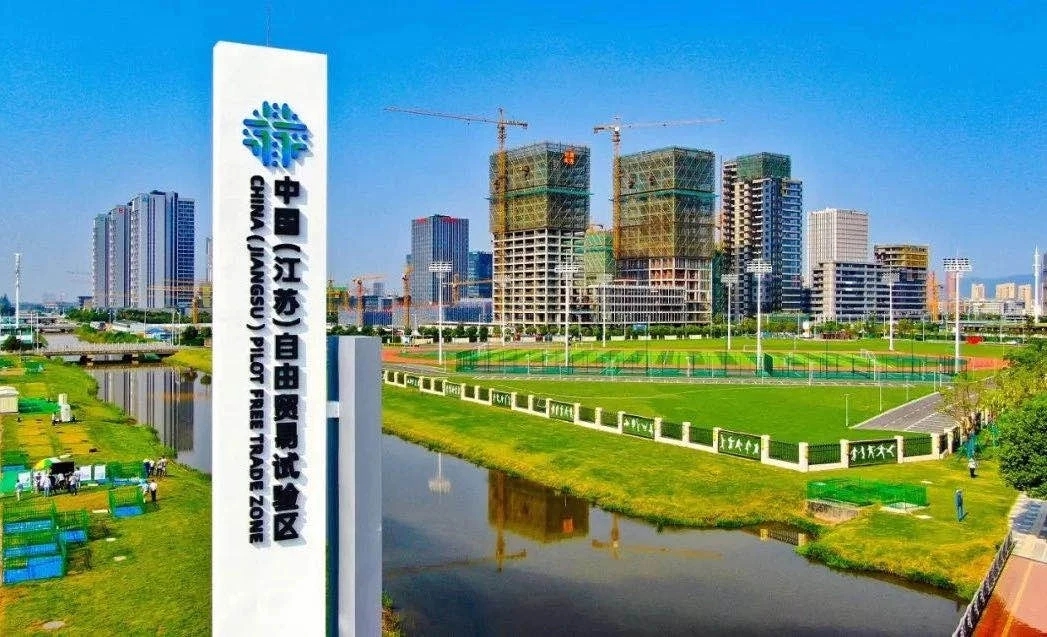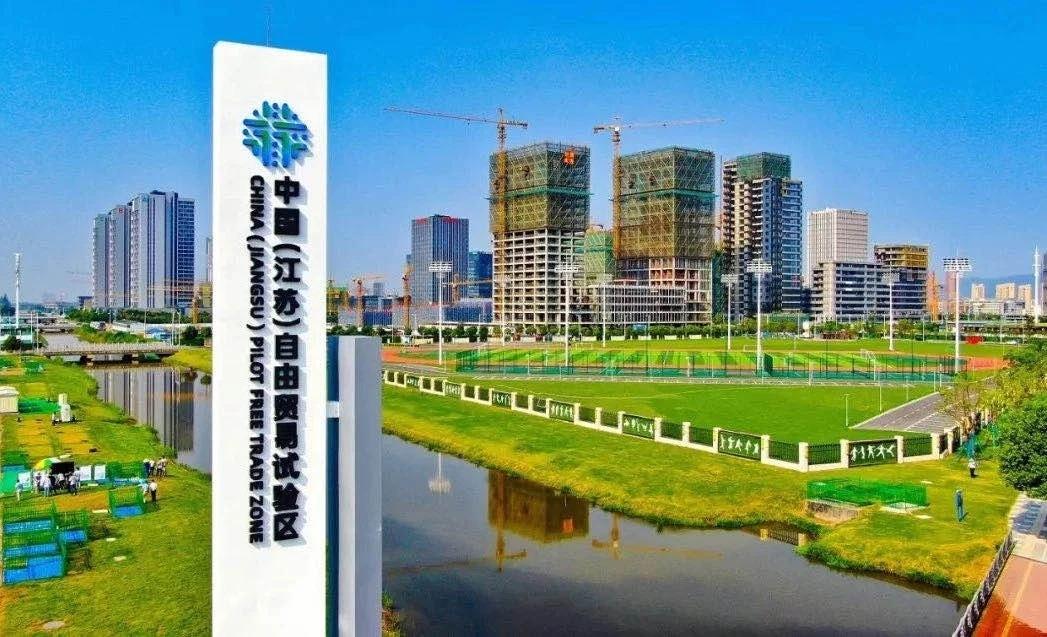
NANJING, June 24 (Xinhua) -- Nanjing Jiangbei New Area, a state-level new area in East China's Jiangsu Province, celebrated its fifth anniversary of establishment on Wednesday.
Since its establishment was officially approved by China's State Council in June 2015, Jiangbei New Area has been actively engaged in the development of the Yangtze River Economic Belt and the integrated development of the Yangtze River Delta.
Over the past five years, data show that its major indicators, including GDP, general public budget revenue and fixed investment, have doubled.
Jiangbei New Area has constantly improved business environment by reforming its administrative examination and approval system. Up until now, 33,298 enterprises and 352.7 billion yuan of registered capital have been added to the new area.
Since 2018, Jiangbei New Area has carried out the reform of separating business licenses and operation certificates. So far, documents for applying starting business in the new area have been reduced by nearly 60 percent and the approval efficiency has been increased by nearly 90 percent.
To promote innovation, Jiangbei New Area has been making efforts to gather high-end and competitive innovation forces. More than 100 new research and development institutions have been set up, including a science and technology innovation center of the University of Cambridge and the largest gene sequencing base in Asia.
To participate in the building of a modern industrial agglomeration area in the Yangtze River Delta, the new area has been focusing on the construction of a city of chips, a city of gene technology and a new financial center.
The city of chips has become home of more than 600 enterprises in three years, including industry leaders such as Huawei, Aisino Corporation and Empyrean Software, with the industry's total output value surpassing 50 billion yuan.
The city of gene technology has gathered more than 800 enterprises with an industrial scale of nearly 100 billion yuan, while the new financial center hosts over 400 funds with a total capital of 500 billion yuan, providing strong support for the development of emerging industries. (Edited by Yang Qi with Xinhua Silk Road, kateqiyang@xinhua.org)




 A single purchase
A single purchase









